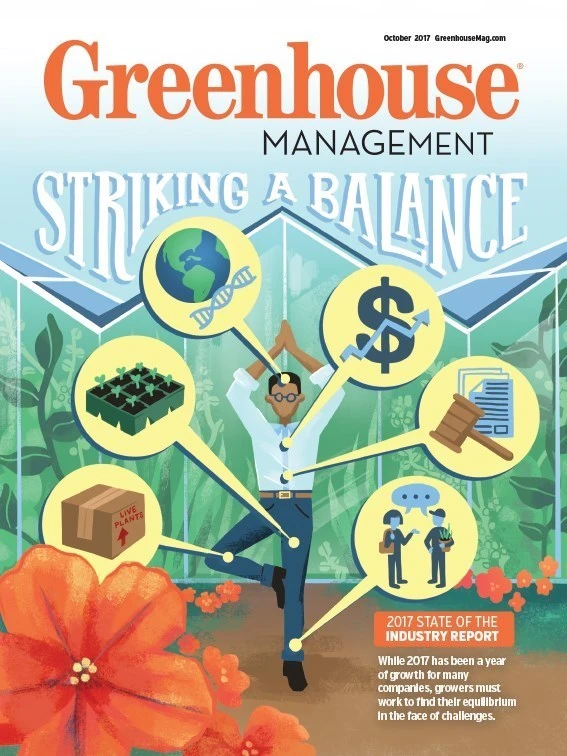“Hi, this is Ahmad calling from Acme Industries. How are you?”
“Well, Ahmad, I was a lot happier before you called and interrupted me. I’m behind with my project, and I’m too busy to leave my desk. Don’t call me again.”
Ahmad had an opportunity to win the ear of the person on the other end of the line, but he squandered it by asking a silly question. He probably won’t get another chance to engage that target. Anyone in the business-to-business sales industry will tell you, stepping off on the right foot can mean the difference between clicking and a terminal “click.”
By paying careful attention to three basic things — preparation, practice, and patience — almost anyone can improve their B2B calls.
Preparation
Are you cold-calling people and hoping for the best, or do you invest an adequate amount of time and effort in homework?
Can you use under twenty words to explain your product or service? If not, don’t make the call.
Research the people you plan to call. This doesn’t mean full-throttle cyber stalking, but you need to look for them on LinkedIn, Facebook, Twitter and Google. Search for people by name and company, by name only, and by email address. Together, those three inquiries will yield more complete results than any single query. Searching that way can also reveal personal information you otherwise might have missed that could be useful later. A word of caution: Don’t admit to the depth of your research unless you want to sound creepy. “I saw on Facebook you and your family had a great time at the Outer Banks last summer.” This comes off as extremely invasive. Look at the organization’s website and its LinkedIn profile, and run a quick search for news mentions.
If you fail to tend to those basics, don’t be surprised if you get caught and have your lack of knowledge held against you. Next, choose a reason to call. The more specific it is, the more likely you are to get a thoughtful response.
Imagine that you sell office supplies, something every business uses. Your ideal customer is a business with 500-1,000 employees. In a perfect world, your customer does not use a purchasing department to procure these products. You’ve searched for businesses that meet those criteria, and you’ve done the basic research. Now you’re considering a few openings.

Good morning. This is Jane Jones with Office Pro Supplies. I’m calling because I’m verifying a mailing list for a promotion we’re running next month. Could you tell me if you’re the most appropriate person to receive information about our paper special and if you prefer email notification or hard copy?
Good morning. This is Jane Jones with Office Pro Supplies. I’m calling because we sell office supplies to businesses. A lot of them have 1,000 or fewer employees. I came across your information on LinkedIn while I was working on something else, and you looked like you might be a good fit for what we do. I wanted to call to see if we could serve as a resource to you. Could you tell me how you are currently purchasing your workplace supplies?
Either of those is sure better than, “Good morning. This is Jane Jones with Office Pro Supplies. How are you today?”
Practice
Just as a skilled skater makes jumping, twirling, and other acrobatics look as effortless, smooth phone selling requires athlete-level discipline. What you say should roll off your tongue and sound natural. A perfect conversation starter will often sound stilted if it’s not practiced. Work hard to sound unrehearsed.
Practice in the shower, during your commute (assuming you don’t take public transportation), or as part of scheduled role play. Role playing can be painful, but it’s one of the fastest ways to learn.
Patience
You follow the preparation and practice instructions, and your first two calls are a bust. What happened? Maybe you’ve just been unlucky. Not everyone is going to want to talk to you, and that’s their loss. If you have a good reason to call and you offer a product or service that might solve a prospect’s business problem, hold your head up and press on.
Regularly critique your performance. If improvement is not happening fast enough for you, enlist someone you trust to listen in on your calls. Their comments may sting, but you’ll be glad for the help.
There’s no secret sauce in the recipe for better B2B calls, just elbow grease. With better preparation, practice, and patience everyone can improve their results one call at a time.

Explore the October 2017 Issue
Check out more from this issue and find your next story to read.
Latest from Greenhouse Management
- 2025 Proven Winners Horticulture Scholarship applications now open
- How to improve inventory and shipping management in the greenhouse
- Leading Women of Horticulture: Anna Ball, Ball Hort, and Terri McEnaney, Bailey Nurseries
- GM CEA HERB Part 2: A guide to increasing the sowing density of culinary herbs
- GM CEA HERB Part 1: Best practices for producing culinary herbs in controlled environments
- USDA fires experts on invasive pests, including Asian citrus psyllid, chilli thrips
- CEA Alliance celebrates bipartisan introduction of Supporting Innovation in Agriculture Act
- Dümmen Orange North America celebrating 25th anniversary in 2025






